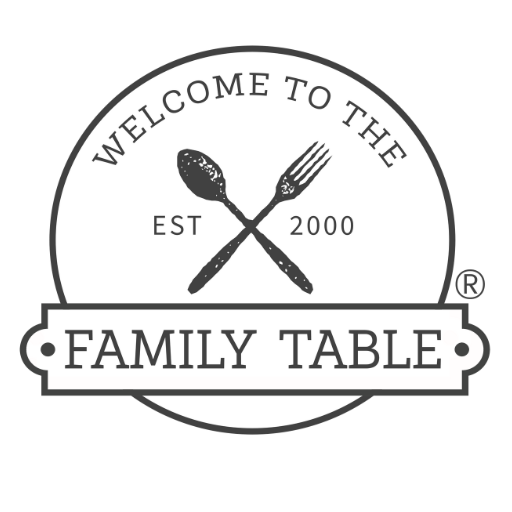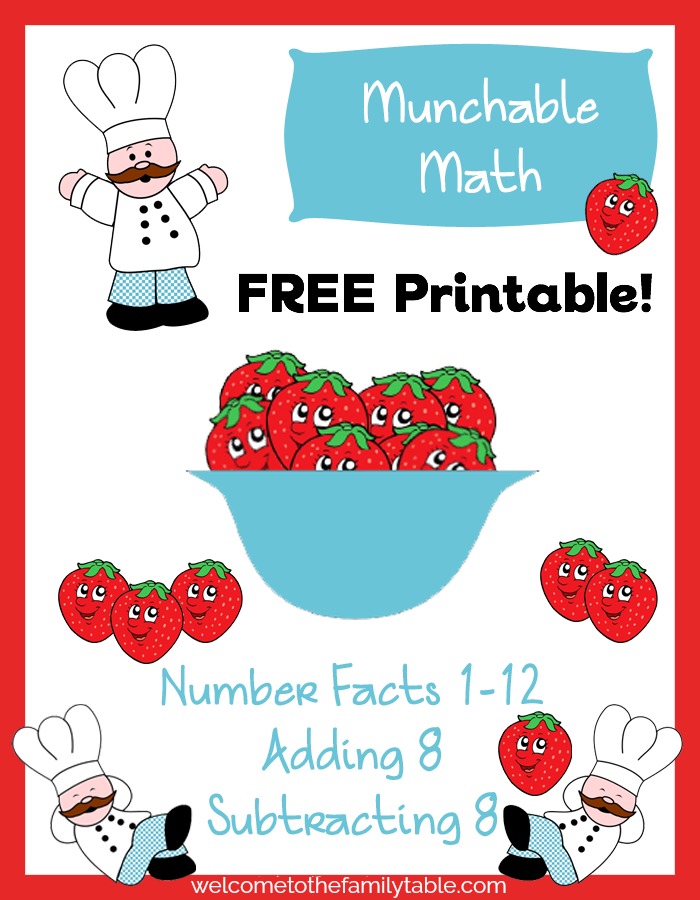Fostering Early Literacy
My nephew is six years old and working at the grammar level in homeschooling. If he were in a traditional school, he would be in a kindergarten classroom. He has a love of science and nature, and zoology is his favorite topic of study. The freedom that he experiences in homeschooling allows him to shine as he naturally develops according to his own pace.
Sometimes he struggles to recognize certain letters in the alphabet. For example, the letter I is a challenging letter that he mixes up with the letter L. When he sees the letter I, he will quietly spell out his name to himself as he knows his name contains the letter I.
Recently, we decided to focus on the letter I in our daily work. Our goal is for him to be able to recognize the letter I and have immediate identification. We worked on a few engaging visual, auditory, and kinesthetic activities to practice the letter I.
Some of the fun things we practiced included:
- wrote the letter in the air with our fingers
- went on a scavenger hunt in the house looking for the letter
- practiced handwriting
- colored worksheets
- played with letter apps on the iPad
- practiced the phonetic vowel sounds
- played flash card games
One enjoyable activity that we worked on was an “I is for Inchworm” coloring page. After my nephew colored his inchworm picture it sparked his interest. He orally narrated an imaginative story for us to write down.
There once was an inchworm named Inchy. He and his mother Ring lived underground in harmony until evil cowboys showed up with a hurricane machine! Inchy and his mother tried to fight, but Ring was tornadoed away! Inchy was very sad. Inchy was 5 years old and he went on a journey to find his mother. Inchy fought with fire ants and barely escaped. He released all the prisoners including his mother. Inchy and his mom found a new home and they were very happy. They both lived happily ever after.
Even though my nephew struggled to have immediate visual recognition of the letter I, he demonstrated success and advancement in his emergent literacy through the use of storytelling. He loved his story so much that he asked us to read the story to him several times. Then he announced he wanted to learn to read and write so that he could create his own stories all of the time.
In our homeschool, we stress the development of oral language skills as we work on expanding phonetic and print literacy. Many of our oral language activities just happen naturally through the day. We do not set a time within our homeschool day to practice oral literacy. Each moment in the day provides an opportunity to explore and discuss the world around us. We do have regular routines of phonics work, basic handwriting practice, and math on a daily basis. However, our oral literacy experiences fill our day with many creative learning opportunities.
Just this week my nephew collected several Mason jars of spiders to observe. After watching the spider spin webs in the jars for two days, he asked if we would copy down the creative story he created in his mind. Within a few minutes, he narrated a cute story about a brave little spider.
A long time ago there was a spider and he had a mother. His mother’s name was Rose. They lived in a meadow and the meadow was as dark as a shadow. They lived in a tree and that tree was in the meadow. The spider’s name was Fred. There was an evil dinosaur made out of bones. That dinosaur wanted to destroy the world and make the biggest army of robots. There were 60,020,070 robots. He wanted to destroy the people and make his own world of bad stuff. Fred had to find his army bugs. Spiders, wasps, and every kind of bug were in his army. That dinosaur got so mad. He wanted more army robots but he was out of screws. And Fred was so scared, but he had to try because he trusted in his heart. He also trusted in his mom. And then they battled. Some of his bugs won and some of his bugs died. He had a life change. A life change is something that can bring someone back to life. And he healed every bug that died. The dinosaur lost and the spider won.
Our family was surprised by all of the thoughts in our nephew’s mind as he eagerly shared them!
Creative oral storytelling provides an opportunity to practice important early literacy concepts which set the foundation for later reading and writing skills. The freedom of homeschooling allows students to progress at a natural pace and enables them to celebrate each success in the journey.
Do you have an early learner who is an emergent writer/reader?
Ask them to tell you a story today and write it down. You might just be surprised at what they create!
Here are a few oral language ideas to foster literacy in your home:
- Read aloud good books each day.
- Ask your children to orally narrate parts of the book back to you.
- Write down their narrations.
- Encourage them to speak in full sentences.
- Listen to good quality audio-books.
- Copy down creative stories the children narrate.
- Read books above your children’s level to expose them to new vocabulary.
- Share meaningful conversations about ordinary daily activities.
- Really listen to what your children say.
- Ask questions to draw out dialogue in an open-ended way.
- Look your children in the eyes and show full attention to their thoughts.
- Sing songs together.
- Play with speech sounds through rhyme, alliteration, and assonance.
- Recite funny stories and clever nursery rhymes.
- Share new vocabulary words in everyday speech.
- Practice taking turns in conversations.
- Share stories from your childhood and school years.
- Retell memorable moments in your family.
- Create oral stories using a picture as a story starter.
- Reenact literature through dramatic play.
- Use puppets to create stories.
How do you foster early literacy in your home? We would love to hear your ideas and experiences!

